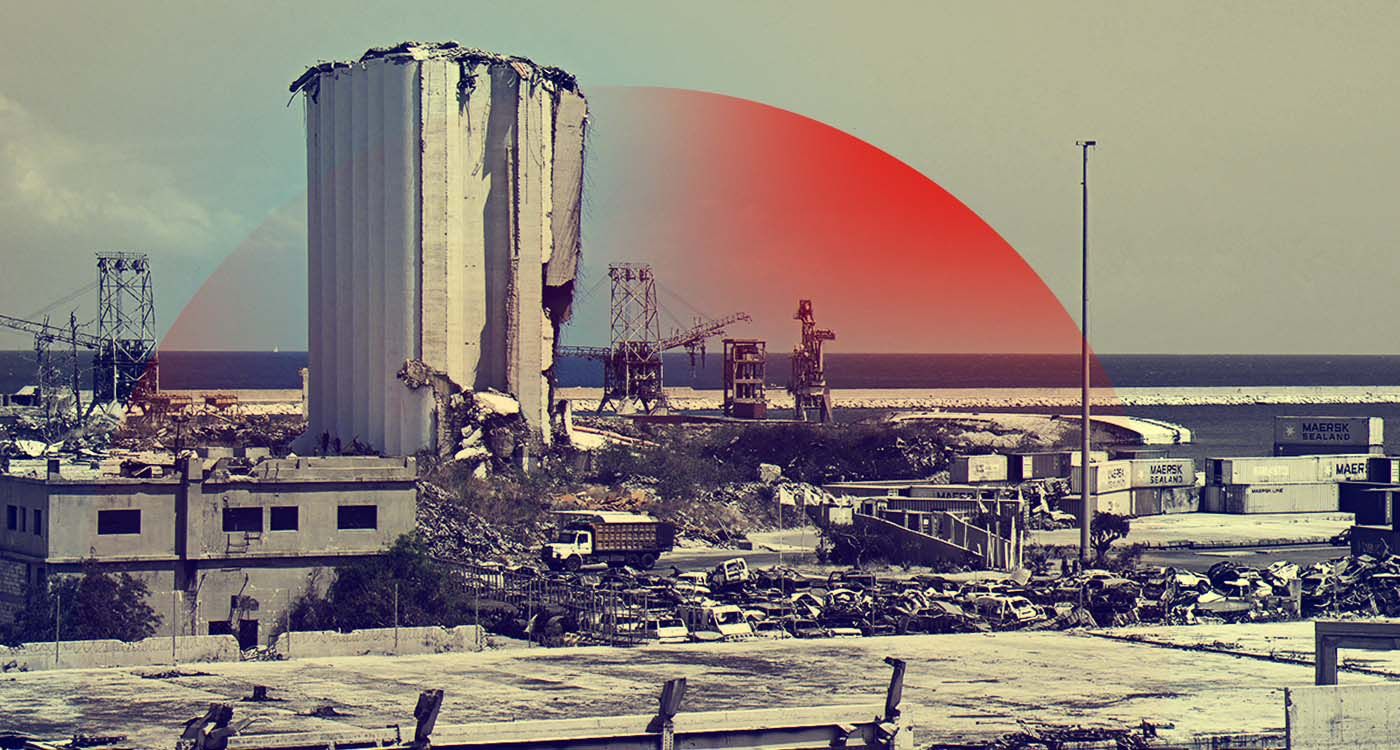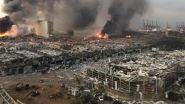
Five years of impunity… Five years marked by sustained pressure, intimidation, threats and brazen displays of militia and mafia-style tactics, all aimed at obstructing justice.
The apocalyptic and tragic August 4, 2020, explosion that tore through the Port of Beirut and devastated nearby neighborhoods including Ashrafieh, Gemmayzeh, Mar Mikhail and Saifi exposes the full extent of Hezbollah’s deplorable conduct toward the state and Lebanon’s broader social fabric.
Smuggling more than 2,700 tons of ammonium nitrate into the port and storing it under strict militia guard, flagrantly disregarding the security risks posed to neighboring communities; coercing judges and senior officials into ignoring repeated warnings from officers and civil servants fully aware of the grave danger looming over the region, some of whom were coldly eliminated under obscure circumstances; shipping ammonium nitrate to Syria without oversight to manufacture barrel bombs dropped on civilians in areas then held by the Syrian opposition; imposing a complete blackout on the circumstances of the explosion; storming the Justice Palace without warning to publicly and loudly threaten the judge overseeing the investigation; resorting to all manner of intimidation and tactics to obstruct inquiries. These actions collectively demonstrate, once again, how Hezbollah operates as if the country in its entirety were its private property.
The August 4 tragedy is one of many signs of the deep existential crisis into which the Pasdaran’s steadfast ally has plunged Lebanon over decades. Hezbollah’s political project embodies a “culture of space,” not a “culture of territory” — terms coined by French scholars — anchored in a purely transnational strategy. In this context, the Shiaa militia treats Lebanon as little more than a pawn on the regional chessboard of Iran’s radical regime faction. This outlook is further entrenched by an ideological foundation rooted in an outdated theocracy.
Lebanon’s higher interests, the well-being of its citizens and their right to a normal, dignified life are routinely disregarded by Hezbollah. Above all, the group shows no respect — not even for democratic practices (which would be asking too much) — and certainly not for the proper functioning of state and constitutional institutions.
Could the goal be anything other than the dismantling of the state and the creation of a militarized society under the false banner of “resistance,” waging war without clear goals or a defined regional horizon? In this light, the brazen intrusion into the Justice Palace to openly threaten a judge comes as no surprise. Nor should it shock that this pro-Iranian militia displays a callous indifference to the August 4 tragedy, treating it as mere collateral damage.
In this context, it bears repeating that calling for “dialogue” and containment with this party amounts to ignoring reality, since this elusive “dialogue” has persisted for over twenty years. Hezbollah’s stubborn grip on its military arsenal, whose complete ineffectiveness and futility are well-established, reflects the stance it took after the port explosion, showing total disregard for the loss of life, material destruction and devastating economic consequences.
Whether in southern Lebanon or the neighborhoods surrounding the port, what do the hundreds of lives lost in the South mean to the Pasdaran and their local ally? Entire villages have been leveled, Israeli forces have returned to key strategic areas and alongside this, the August 4 tragedy claimed 220 lives, injured nearly 6,000, devastated numerous neighborhoods and damaged hundreds of homes and businesses. How can these losses be measured against the endless pursuit of a distant goal on the long road to Jerusalem, a journey with no end in sight?
It is now up to the state to show unwavering firmness and to finally take decisive action — away from destructive balancing acts and empty rhetoric — to end Hezbollah’s partisan and militia-driven excesses that have gone on far too long…




Comments